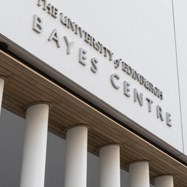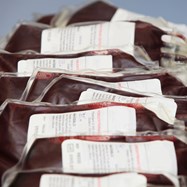University of Glasgow - Developing cutting edge precision medicine to save lives and create jobs
A University of Glasgow-led consortium has received £38m from the UKRI Strength in Places Fund (SIPF) to create a ‘Living Laboratory’ that will translate cutting-edge precision medicine research and innovation into a real-world clinical setting.
The project will capture and directly address the health inequalities and unemployment challenges in Govan, one of the UK’s most deprived areas. The delivery of the project will be transformational for the Glasgow region and is projected to deliver 446 high-value jobs and £136m gross value added over an 8-year period.
The project involves a number of public and private partners, Glasgow City Council and Scottish Government bodies. The project will create an internationally significant precision medicine campus, integrated within the Queen Elizabeth University Hospital, Govan - the UK's largest hospital. In addition to SIPF investment, the consortium will be supported by more than £22 million from industry partners and £27.5m from Glasgow City Region City Deal and Glasgow City Council.
The campus will be a focal point for research and development, open innovation and commercialisation - bringing consortium partners together to unlock substantial productivity growth opportunities and will enable companies to compete on a global stage for a share of the precision medicine market projected to reach $134bn by 2025.
With the vision of improving health care outcomes for patients, and significant cost savings for the NHS, the Living Laboratory will focus on the real-world implementation of pharmacogenomics-based medication management, a Scottish Transcriptome Archive Resource (STAR), advanced imaging for precision medicine, a Digital Health Validation Laboratory and a Health Innovation Hub.
-
Hamir Patel
hamir.patel@russellgroup.ac.uk
020 3816 1316
-
Adam Clarke
adam.clarke@russellgroup.ac.uk
020 3816 1302
 X
X


